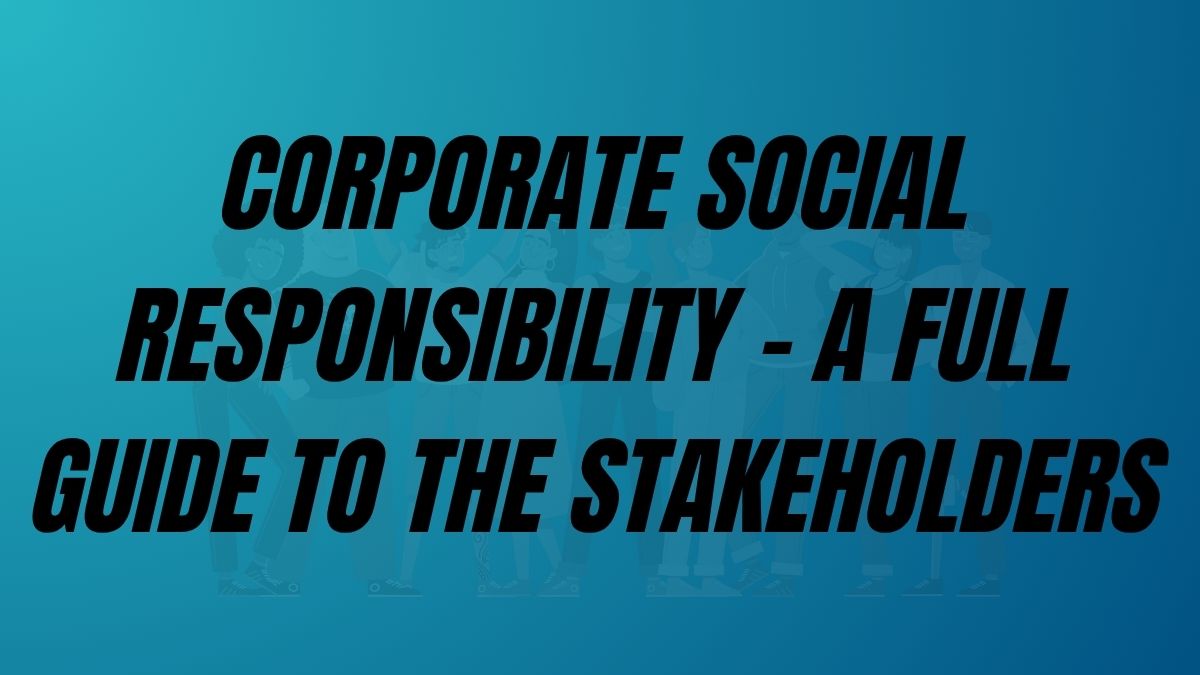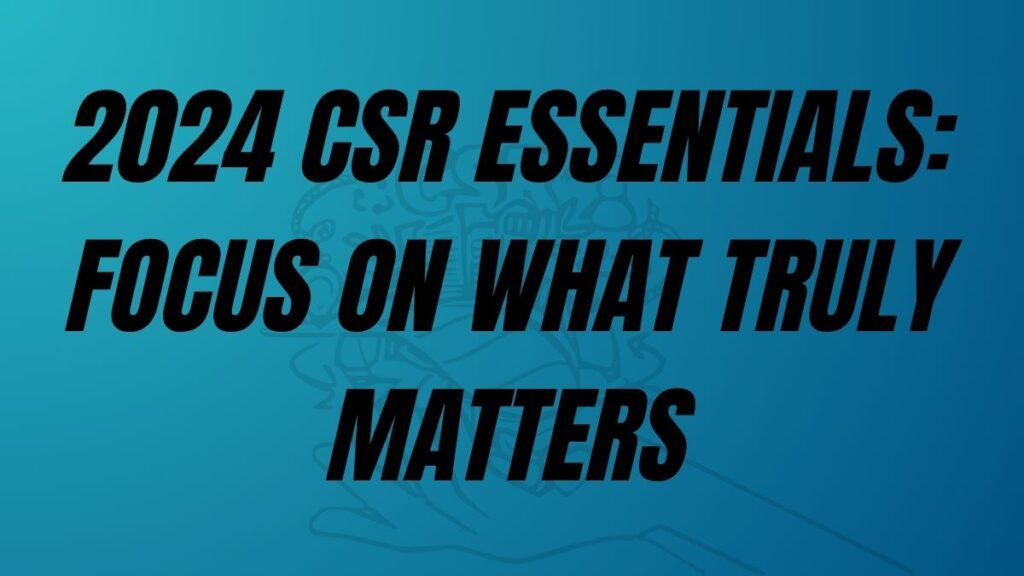In today’s marketplace, sustainability and brand reputation are closely linked. Sustainability has changed from a desirable trait to a business necessity. Brands must demonstrate genuine commitment to environmental and social responsibility. Otherwise, they risk damaging their sustainability and brand reputation and losing consumer trust. Consumers increasingly consider the impact of their purchasing decisions on the planet. This blog post explores the growing consumer consciousness around sustainability and brand reputation and its implications for businesses.
Consumers Are Increasingly Eco-Conscious
Several factors have increased consumer awareness of environmental issues. Greater access to information, social media influence, and the realization that individual actions matter have all contributed. This heightened awareness shifts consumer behavior. Now, sustainability and brand reputation are key factors in purchasing decisions across many product categories.
First, research by The Nielsen Company in 2015 found that two-thirds of global consumers would pay more for products from companies committed to positive social and environmental impact. This willingness to vote with their wallets highlights the importance of sustainability and brand reputation.
Similarly, a 2024 survey revealed that 65% of consumers actively seek environmentally friendly claims when purchasing. They scrutinize product packaging (47%), brand websites (35%), and advertisements (21%) for evidence of sustainable practices.
Lastly, we see that this trend spans demographics. Younger generations like Gen Z often lead environmental activism. Meanwhile, studies show older consumers also consider sustainability and brand reputation in their purchasing decisions. For example, 76% of Baby Boomers globally believe companies must act responsibly toward the environment.
Greenwashing Severely Damages Consumer Trust
The surge in consumer demand for sustainable products has coincided with a rise in “greenwashing.” This practice involves making misleading claims about a product’s environmental benefits. Greenwashing poses a serious threat to sustainability and brand reputation. It undermines consumer trust and can lead to accusations of hypocrisy or fraud.
According to a survey by Propel Software, 45% of consumers would switch to a competitor if they discovered their preferred brand engaged in greenwashing.
The same survey found that 42% of consumers can now distinguish genuine sustainability efforts from greenwashing. This indicates a growing awareness of deceptive marketing tactics. Skepticism is particularly pronounced in the fast-moving consumer goods (FMCG) sector. Indeed, only 25% of consumers trust brands’ claims about their environmental practices.
Building Trust Through Authentic Sustainability
To succeed in this evolving landscape, brands must move beyond superficial claims. They should embed sustainability and brand reputation into their core business practices. This requires transparency, accountability, and a willingness to engage in open dialogue with consumers about their environmental impact.
Companies need to provide clear evidence to substantiate their sustainability and brand reputation claims. They should offer quantifiable data and verifiable certifications. For instance, brands can showcase their commitment to transparency by obtaining third-party green certifications, such as ISO 14001, and labeling products with their carbon footprint.
Building trust also requires brands to address the entire product lifecycle. This includes responsibly sourcing raw materials, minimizing waste during production, and encouraging recycling or responsible disposal.
Finally, companies must engage in authentic communication with consumers. They should acknowledge areas for improvement and demonstrate a genuine commitment to continuous progress.
Conclusion
The rise of the environmentally conscious consumer presents both challenges and opportunities for brands. While greenwashing can lead to serious reputational damage and loss of consumer trust, companies that embrace authentic sustainability can thrive.
By backing up their claims with evidence and communicating transparently with consumers, they can earn trust and build loyalty. Ultimately, sustainability and brand reputation will define the success of brands in the future.
FAQs About Sustainability and Brand Reputation
What is greenwashing?
Greenwashing involves misleading claims about environmental benefits, which can erode consumer trust anation.
How can companies build trust through sustainability?
Companies can build trust by embedding authentic sustainability into th, ensuring transparency, and engaging openly with consumers.
What role does transparency play in brand reputation?
Transparency fosters consumer trust by openly sharing information abouts and sustainability efforts.
How can companies avoid greenwashing?
Companies can avoid greenwashing by providing clear evidence of sustainability efforts,ty certifications and quantifiable data.
To find out more about Corporate Sustainability




> Discover the other blog pages
📉 How to Reduce Your Digital Carbon Footprint in B2B SaaS
💪 Overcoming B2B SaaS Challenges: Customer, GTM & Marketing
📈 How Mastering SEO Can Lead To Sustainable Growth In B2B SaaS
⏱️ How to Boost Work Productivity with Time Management Tips

